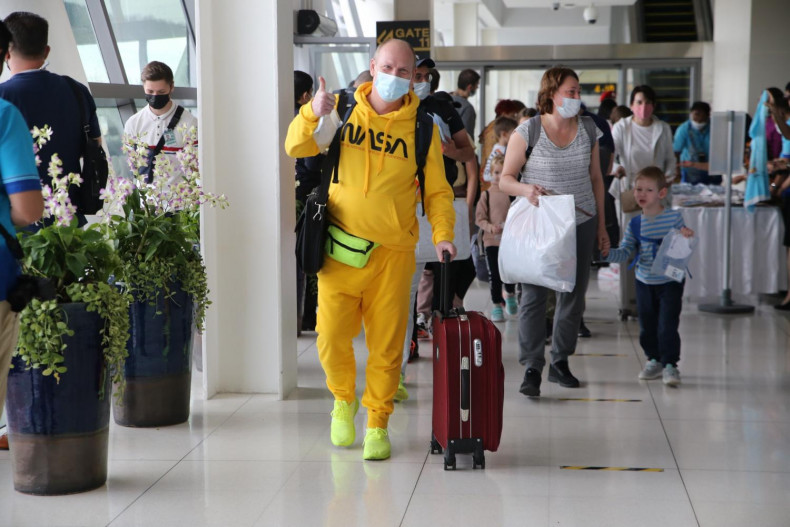
Tourism operators are calling for clearer measures regarding the 300-baht tourism fee after the tourism and sports minister said levy collection will be delayed from June to September because of issues with its implementation.
Tourism and Sports Minister Phiphat Ratchakitprakarn said fee collection from foreign arrivals by air must be postponed because the airlines could not adopt a selective approach between foreign tourists, Thais and expatriates.
The airlines insisted that all passengers must be treated similarly for regulations.
Bhummikitti Ruktaengam, advisory chairman of the Phuket Tourist Association, said if the collection is postponed for air travellers, it should also be pushed back for arrivals by land and sea for consistency.
RELATED
Instead of relying on airlines, there should be a central organisation solely responsible for fee collection and management for arrivals by air, sea and land, he said.
Mr Bhummikitti said he agrees with a tourism fee systematically collected and managed to help develop tourism destinations and communities, as well as cover the medical expenses of tourists in public hospitals.
Unpaid medical bills of tourists in Phuket amount to more than 10 million baht a year, he said.
In terms of the 150-baht tourism fee collection for entry via land, Mr Bhummikitti said the measure might affect the volume of cross-border visitors, such as Malaysian tourists in Songkhla, as they are mostly frequent travellers who visit Thailand every month for weekend breaks.
He said the government should take into account the different contexts and adjust measures to accommodate short trips within a certain period.
Marisa Sukosol Nunbhakdi, president of the Thai Hotels Association, said the delay would help ease the burden for tourists to some extent as other travel costs surge.
The country's tourism sector is still in the recovery phase, still lagging the level of arrivals recorded in 2019, she said.
Mrs Marisa said transparency in fee collection and fund management are paramount for this scheme.
Earlier, Mr Phiphat said 60-70% of the fee will be earmarked for a tourism fund, as stated in the 2009 National Tourism Policy Act, while 17% will be used for medical insurance for tourists.
Some suggestions called for hotels to help collect the fee, but Mrs Marisa said it would be unfair for tourists as Thailand still has many unregistered hotels and those operators might not apply the same rules to their guests.